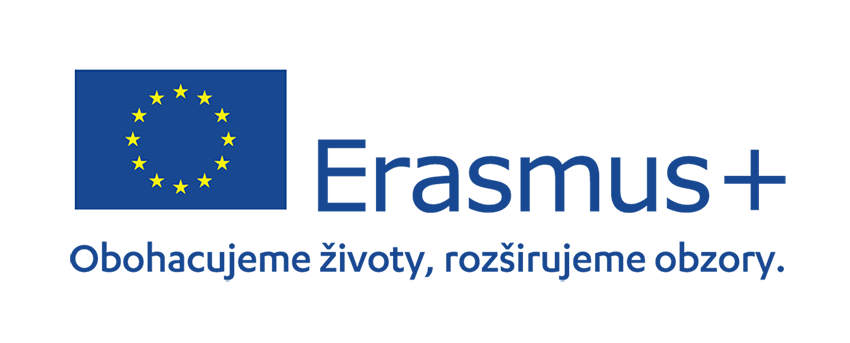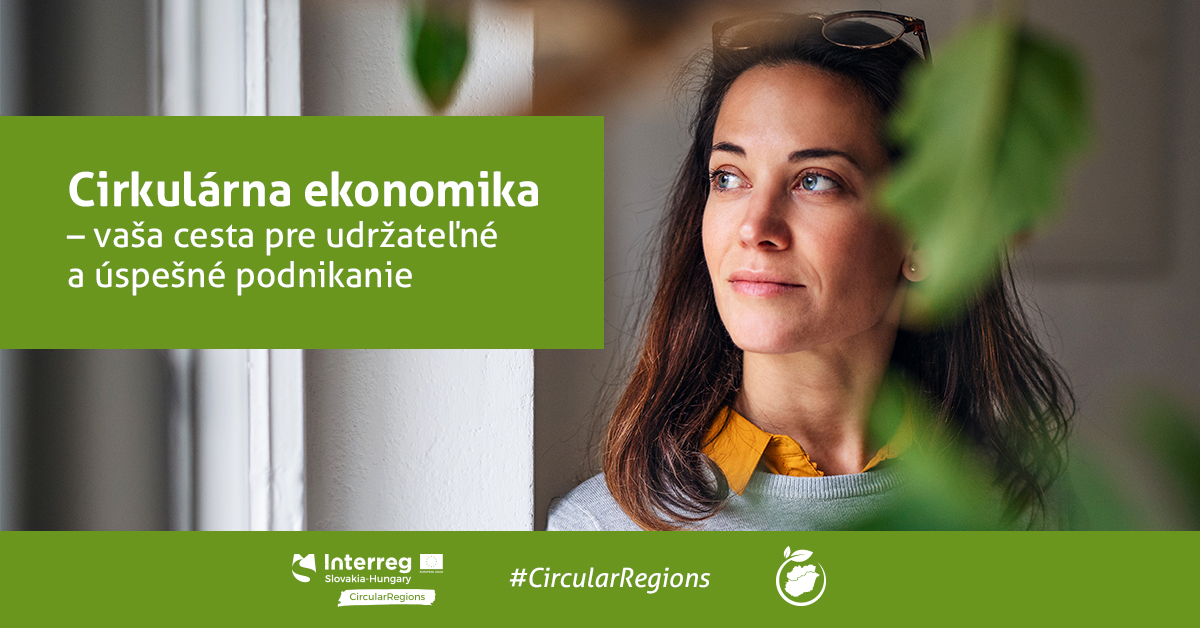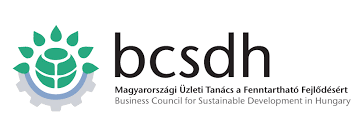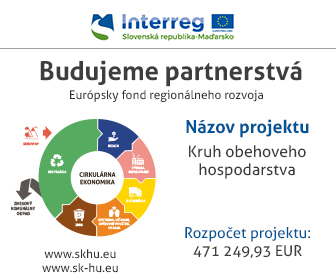The aim of the project was to develop and pilot the methodologies of circular public procurement and purchases according to circulating criteria. Within the project, the following intellectual outputs were processed:
- Methodology for participants in circulating public procurement course and private contracts with application of circulating criteria
- Methodology for lecturers of circulative public procurement course and private contracts with application of circulating criteria
The circular economy is an effective way for us to reduce the amount of waste, to reuse the material already used, to reduce waste of raw materials and thus ensure sustainable development for future generations. And it is public procurement that is the ideal area where the application of the principles of the circular economy have a significant positive impact.
The project consortium consisted of 3 partner organizations (BIC Brno, INCIEN SK, BIOAZUL) from 3 different European countries (CzechIa, Slovakia and Spain). All partner organizations have been active in the field of the circular economy for a long time and are leading the field in their countries.
Three expert actions were organized to serve as a platform for the validation of processed outputs. Each of the partners holded one such meeting in their country.
Partners: BIC Brno (Czech Republic), Bioazul (Spain), INCIEN CZ (Czech Republic)








